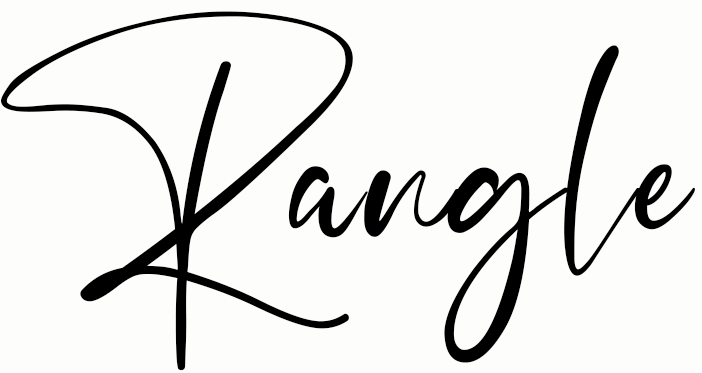“What is climate change?” It’s a question that stumps us all. There isn’t a straightforward, one-dimensional answer. Climate change is a collection of feats, triumphs, and faults, spanning generations passed and generations to come.
But the narrative around climate change is often conflicting and it is hard to understand the truth amongst all the noise out there. Conspiracy theories, exaggerated news reports, radicalistic groups – the various stories in the media only just alienate us further from the matter at hand – the climate crisis is now.
Many of us think that the risks of climate change are distant and unrelatable and so, we disregard those risks completely. Ice caps are melting, countries are flooding, and the Earth’s core temperature is rising – so what? How does that impact me and how am I going to stop such monumental events from happening? If I recycle one cup or turn off the lights when I leave the room … how is that going to help? It’s hard to place ourselves in a position of power – where we can rather than can’t. I was the exact same until very recently – unsure of what part I had to play in climate change.
But I was lucky enough to be let into an incredibly insightful discussion, hosted by Nikkita and Natasha Beghi, the co-hosts of Two Chickpeas in a Podcast.
With London’s Natural History Museum as their backdrop, the duo conducted their first live podcast with Joshua Virasami and Ashar Aslam to explore our complicated relationships with nature and its disproportionate impact on people of colour. Nikkita and Natasha led discussions on how the conversation around climate change should be holistic; it’s political, historical, scientific, and social.
Drawing on their experiences as academics, artists, and activists – Joshua and Ashar touched on their first-hand experiences with environmentalism. Having played leading roles within groups and projects such as Wretched of the Earth, GAIA (Geoscience Access, Inclusion, and Attainment), and the Equator Project, the pair’s passion shone brightly as they spoke. They identified how there is an inherent hierarchy present, whereby the geographical South repeatedly faces the brunt of climate change and how migration, societal inequality, and climate change all go hand in hand.
But interestingly, rather than focusing on the typical doom and gloom approach that the media broadcasts, the group were encouraging about the ways we can all get involved to put support measures into practice. They highlighted how we have a social responsibility to talk about what is happening around us and how we can peacefully, yet effectively, give back to the planet.
Nikkita, Natasha, Joshua and Ashar summarised that our mindsets need adjusting when it comes to climate change. We need to break out of the habitual behaviour of procrastination and act now. Implementing action, making changes, and setting goals are the first steps to getting the ball rolling. Volunteer work, reading more, having more thought-provoking conversations – all these things which feel , are in fact, the complete opposite. We can all make a difference.
To quote American environmentalist and entrepreneur, Paul Hawken, we should embrace climate change, as “not an inevitability but as an invitation to build, innovate, and effect change, a pathway that awakens creativity, compassion, and genius.”
Instead of being complacent, I learned that I too can be an active voice that helps. The climate crisis is definitively present across the planet, and it is our responsibility to shape the narrative and fuel change.
